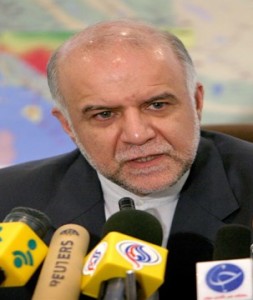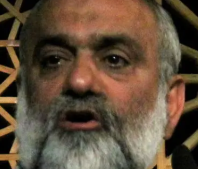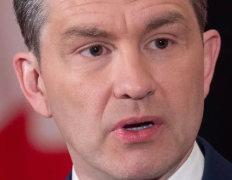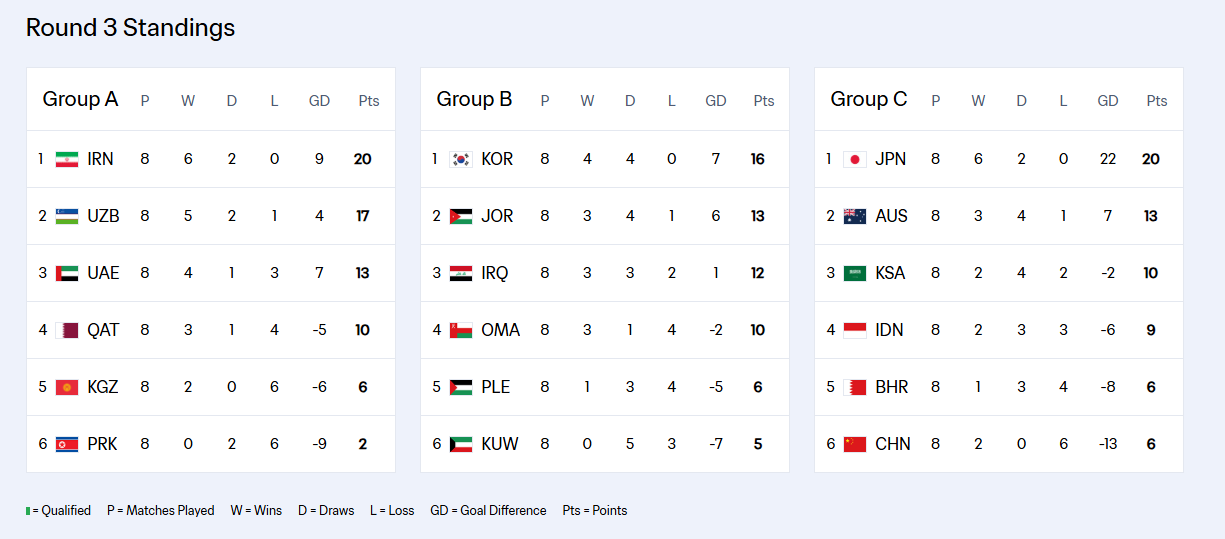November 27-2015

The Islamic Republic has decided to stop fighting Saudi Arabia over its policy of protecting its market share in oil and instead fight head-on to regain Iran’s market share.
The implication is that Iran is prepared to start a price war with the Saudis (and others) in order to regain the markets it lost more than three years ago when the harshest sanctions were applied and Iranian oil exports dropped from 2.5 million barrels a day to 1.1 million.
Oil Minister Bijan Namdar-Zanganeh announced the change in policy Friday, effectively declaring economic war on Saudi Arabia. He told the state news agency, “OPEC is producing more than its ceiling and I asked them to reduce production and respect the ceiling. But that doesn’t mean that we won’t produce more, because it is our right to return to the market and to preserve our rights and our share in the market.”
The Saudis have rebuffed all requests that it reduce its output to prop up the price, saying it won’t sacrifice its market share.
Most news accounts focused on Zanganeh saying, “We don’t need permission from OPEC” to raise output. But that was only saying the obvious since OPEC dropped its individual country quotas in 2011, so no member state is constrained. The only quota OPEC now has is an overall production ceiling of 30 million barrels a day for all 12 members. But that doesn’t mean anything either as OPEC last month pumped 31.08 million barrels day.
Zanganeh has spent the last few months, since the nuclear deal with the Big Six was reached in July, repeatedly calling on OPEC to lower its production to allow space for Iran to boost its production. Zanganeh has said dozens of times that Iran will raise output by 500,000 barrels immediately after sanctions are lifted and by another 500,000 barrels within five months after that.
Most analysts have agreed Iran can pump that first 500,000 barrels, but many question the possibility of another 500,000 barrels within six months since that would take total Iranian production to 3.9 million barrels a day, higher than it was before sanctions were tightened. Most analysts believe the aging of Iranian oilfields has reduced the maximum possible output well below 3.9 million.
But the point of Zanganeh’s comments was his effective declaration of economic war on Saudi Arabia by saying Iran would pump what it wished no matter what OPEC did. Zanganeh said flat out that he had given up hoping OPEC would agree to cut its production at its next meeting on December 4. “I don’t expect to receive any new agreement,” he said.
He camouflaged his threat of a price war. He said he did not expect to see prices decline when Iran start pumping more. “The global oil market has taken into account the expectant rise in Iran’s oil output … and the re-entry of Iran’s oil will not lead to a drastic fall in oil prices,” he said Friday.
Many analysts agree with him. But the International Monetary Fund (IMF) does not. A few weeks ago, it predicted a price drop of 14 percent when Iran starts pumping all out again.
But Zanganeh basically said “so what” if prices fall. He noted that if Iran doubles its exports and prices are halved (though no one expects a fall so drastic) than Iran’s revenues would remain level. “But,” he said threateningly, “those countries that have increased their production will be at a loss.”
He made clear that Iran’s goal on market share was the status quo ante. “Before sanctions, 60 percent of Iran’s oil was exported to Asia and 40 percent to Europe. And we are planning to revive that market again.”
He said, “It’s our right to return to the level of production we historically had.” But there are no “rights” to market share or production levels.
The only way to regain Iran’s market share is to price Iran’s oil cheaply so it will lure customers away from Saudi Arabia. It will also have to take customers away from Iraq and Russia, two others who have joined the Saudis in divvying up Iran’s old market.
Some analysts cautioned that Zanganeh may just be threatening a price war in an effort to pressure the Saudis into trimming production, and predicted Iran would not follow through with its threats.
The Saudis have not so far responded to Zanganeh. The one country frightened by Zanganeh’s threat is Venezuela. Its oil minister, Eulogio del Pino, said Sunday, “OPEC has to do something very soon…. We cannot allow going into a war of prices. We need to stabilize the market.”
Underscoring the anti-freemarket basis of the current Venezuelan regime, he said, “We don’t agree with the position that says the market some way is going to dictate the price of crude oil.”
A price war would almost guarantee falling prices given that the market is already awash in excess crude. What’s more, the predictions for the coming winter are for above average temperatures, which would further reduce the demand for oil.
Zanganeh’s announced decision to go for broke came after the cartel’s board of governors failed this month to reach any agreement on a proposal for a long-term strategic plan. Bloomberg News said the members squabbled over the total production ceiling, the option of reinstituting individual member quotas and ways to maximize the profits of OPEC member states. As a result, nothing at all will be presented to OPEC members December 4 and the whole project is put off until next year.






















